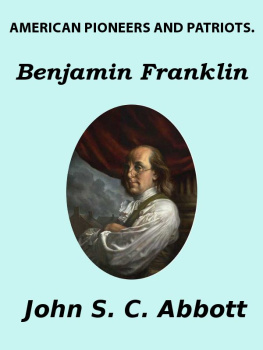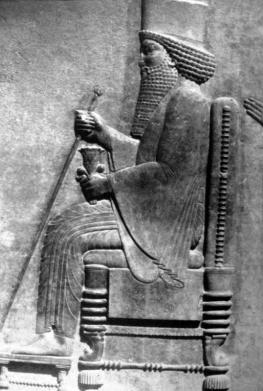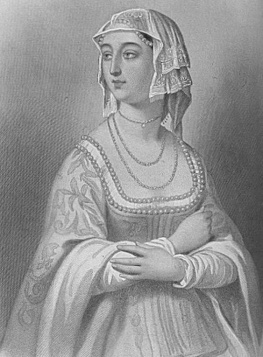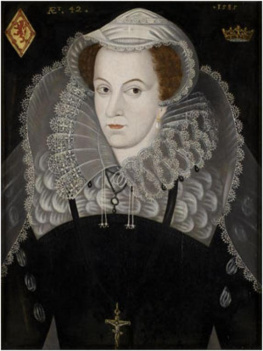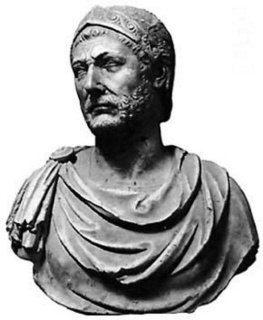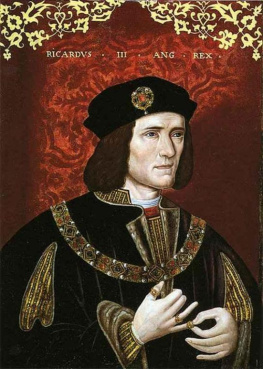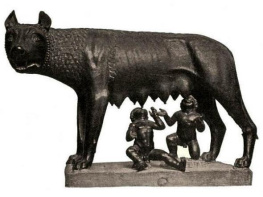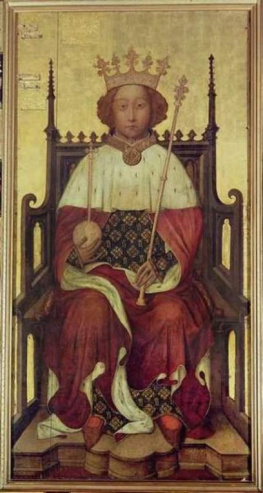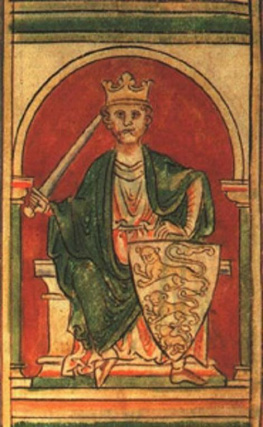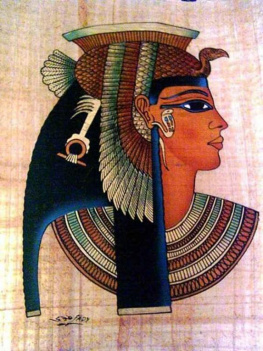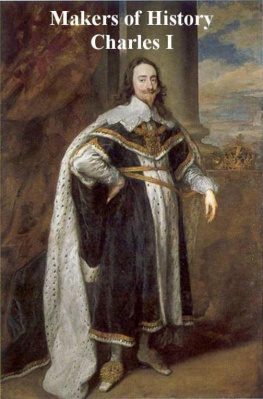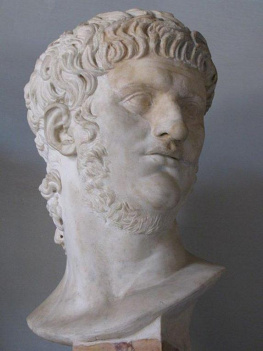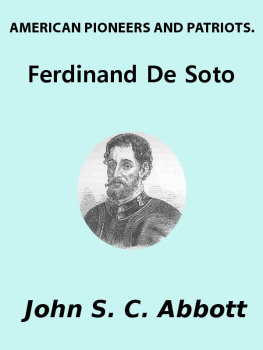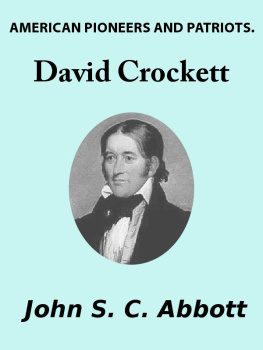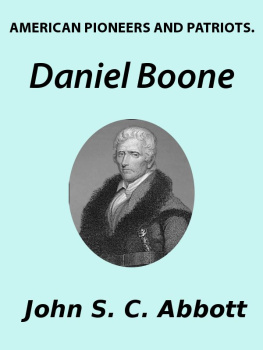Abbott Jacob - Benjamin Franklin
Here you can read online Abbott Jacob - Benjamin Franklin full text of the book (entire story) in english for free. Download pdf and epub, get meaning, cover and reviews about this ebook. year: 2011, publisher: Project Gutenberg, genre: Detective and thriller. Description of the work, (preface) as well as reviews are available. Best literature library LitArk.com created for fans of good reading and offers a wide selection of genres:
Romance novel
Science fiction
Adventure
Detective
Science
History
Home and family
Prose
Art
Politics
Computer
Non-fiction
Religion
Business
Children
Humor
Choose a favorite category and find really read worthwhile books. Enjoy immersion in the world of imagination, feel the emotions of the characters or learn something new for yourself, make an fascinating discovery.
- Book:Benjamin Franklin
- Author:
- Publisher:Project Gutenberg
- Genre:
- Year:2011
- Rating:3 / 5
- Favourites:Add to favourites
- Your mark:
- 60
- 1
- 2
- 3
- 4
- 5
Benjamin Franklin: summary, description and annotation
We offer to read an annotation, description, summary or preface (depends on what the author of the book "Benjamin Franklin" wrote himself). If you haven't found the necessary information about the book — write in the comments, we will try to find it.
Ebook prepared by crutledge@knology.net
Benjamin Franklin — read online for free the complete book (whole text) full work
Below is the text of the book, divided by pages. System saving the place of the last page read, allows you to conveniently read the book "Benjamin Franklin" online for free, without having to search again every time where you left off. Put a bookmark, and you can go to the page where you finished reading at any time.
Font size:
Interval:
Bookmark:

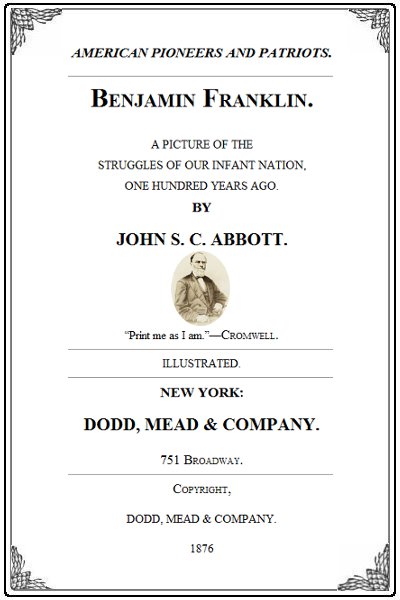

Next to George Washington, we must write, upon the Catalogue of American Patriots, the name of Benjamin Franklin. He had so many virtues that there is no need of exaggerating them; so few imperfections that they need not be concealed. The writer has endeavored to give a perfectly accurate view of his character, and of that great struggle, in which he took so conspicuous a part, which secured the Independence of the United States. Probably there can no where be found, within the same limits, so vivid a picture of Life in America, one hundred years ago, as the career of Franklin presents.
This volume is the twelfth of the Library Series of Pioneers and Patriots. The series presents a graphic history of our country from its discovery.
1. Christopher Columbus reveals to us the West Indies, and gives a narrative of wonders unsurpassed in fact or fable.
2. De Soto conducts us to Florida, and leads us through scenes of romance, crime, blood and woethrough many Indian tribes, across the continent, to the Mississippi, where he finds his melancholy grave.
3. La Salle, and his heroic companions, traversed thousands of miles of majestic lakes and unknown rivers, and introduces us to innumerable barbaric tribes. There is no other writer, who, from his own personal observation, can give one so vivid an idea of Life in the Indian village and wigwam.
4. Miles Standish was the Captain of the Pilgrims. He conducts us in the May Flower, across the Atlantic, lands us at Plymouth, and tells the never to be forgotten story of the heroism of our fathers in laying the foundations of this great republic.
5. Captain Kidd, and the Buccaneers, reveal to us the awful condition of North and South America, when there was no protecting law here, and when pirates swept sea and land, inflicting atrocities, the narrative of which causes the ear which hears it to tingle.
6. Peter Stuyvesant takes us by the hand, and introduces us to the Dutch settlement at the mouth of the Hudson, conveys us, in his schooner, up the solitary river, along whose forest-covered banks Indian villages were scattered; and reveals to us all the struggles, by which the Dutch New Amsterdam was converted into the English New York.
7. Benjamin Franklin should chronologically take his place here. There is probably not, in the compass of all literature, a biography more full of entertainment and valuable thought, than a truthful sketch of the career of Benjamin Franklin. He leads us to Philadelphia, one hundred and fifty years ago, and makes us perfectly familiar with life there and then. He conducts us across the Atlantic to the Court of St. James, and the Court of Versailles. There is no writer, French or English, who has given such vivid sketches of the scenes which were witnessed there, as came from the pen of Benjamin Franklin. For half a century Franklin moved amid the most stupendous events, a graphic history of which his pen has recorded.
8. George Washington has no superior. Humanity is proud of his name. He seems to have approached as near perfection as any man who ever lived. In his wonderful career we became familiar with all the struggles of the American Revolution. With a feeble soldiery, collected from a population of less than three millions of people, he baffled all the efforts of the fleets and armies of Great Britain, the most powerful empire upon this globe.
9. Daniel Boone was the Cowper of the wilderness; a solitary man loving the silent companionship of the woods. He leads us across the Alleghanies to the fields of Kentucky, before any white mans foot had traversed those magnificent realms. No tale of romance could ever surpass his adventures with the Indians.
10. Kit Carson was the child of the wilderness. He was by nature a gentleman, and one of the most lovable of men. His weird-like life passed rapidly away, before the introduction of railroads and steamboats. His strange, heroic adventures are ever read with astonishment, and they invariably secure for him the respect and affection of all who become familiar with his name.
11. Paul Jones was one of the purest patriots, and perhaps the most heroic naval hero, to whom any country has given birth. He has been so traduced, by the Tory press of Great Britain, that even the Americans have not yet done him full justice. This narrative of his astonishing achievements will, it is hoped, give him rank, in the opinion of every reader, with Washington, Franklin, Jefferson and Lafayette.
12. David Crockett was a unique man. There is no one like him. Under no institutions but ours could such a character be formed. From a log hut, more comfortless than the wigwam of the savage, and without being able either to read or write, he enters legislative halls, takes his seat in Congress, and makes the tour of our great cities, attracting crowds to hear him speak. His life is a wild romance of undoubted truth.
Such is the character of this little library of twelve volumes. The writer, who has now entered the evening of life, affectionately commends them to the young men of America, upon whose footsteps their morning sun is now rising. The life of each one, if prolonged to three score years and ten, will surely prove a stormy scene. But it may end in a serene and tranquil evening, ushering in the glories of an immortal day.
Fair Haven, Conn.
As this is not improbably the last book I shall write, it may not be improper for me to state that, at the age of twenty-four, I commenced the career of an author, by writing The Mother At Home. I have now attained the age of three score years and ten. In the meantime I have written fifty-four volumes of History or Biography. In every one it has been my endeavor to make the inhabitants of this sad world more brotherly,better and happier.
The long series is probably closed with the biography of Benjamin Franklin. Every page has been penned under this impression. A theme more full of instruction and interest could not be chosen.
And now, in my declining years, as I feel that the battle has been fought and, I hope, the victory won, it is an unspeakable comfort for me to reflect, that, in all these fifty-four volumes, there is not one line which, dying, I could wish to blot.

Parentage and Early Life.
About the year 1685, Josiah Franklin, with his wife and three children, emigrated from Banbury, England, to seek his fortune in this new world. He was in all respects a very worthy man, intelligent, industrious, and influenced to conduct by high moral and religious principles. Several of Josiah Franklins neighbors accompanied him in his removal.
Font size:
Interval:
Bookmark:
Similar books «Benjamin Franklin»
Look at similar books to Benjamin Franklin. We have selected literature similar in name and meaning in the hope of providing readers with more options to find new, interesting, not yet read works.
Discussion, reviews of the book Benjamin Franklin and just readers' own opinions. Leave your comments, write what you think about the work, its meaning or the main characters. Specify what exactly you liked and what you didn't like, and why you think so.

